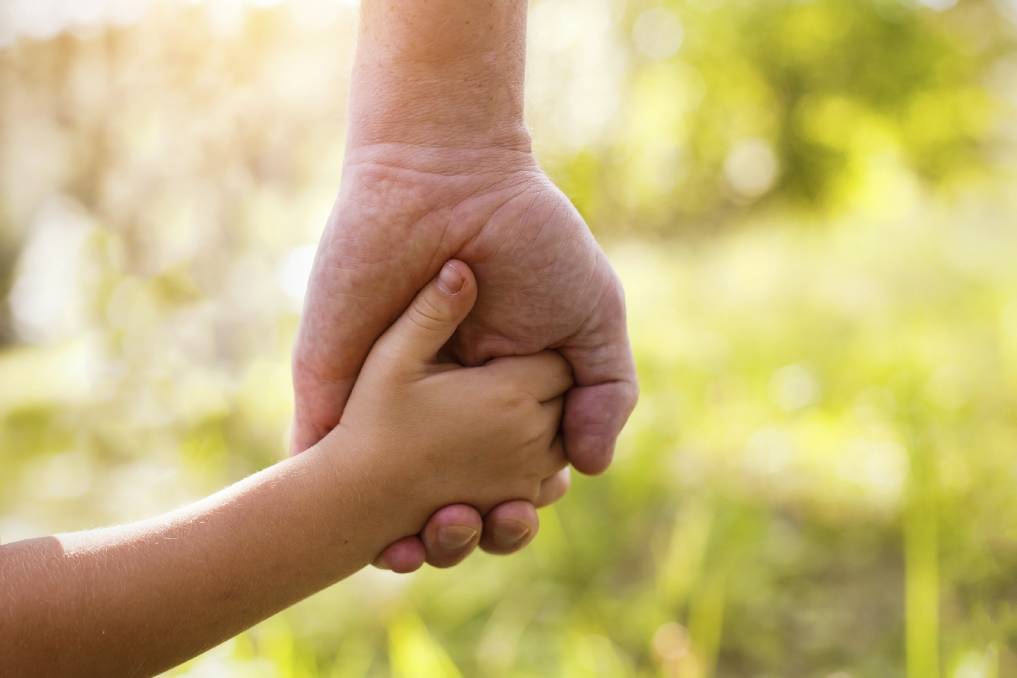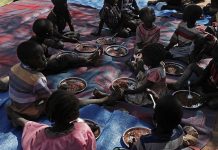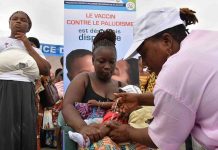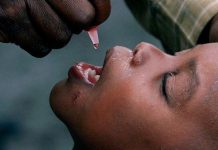AfricaPress-Tanzania: EVERYDAY in Tanzania, newspapers report horrible stories of the sexual abuse of children. This serious situation has aroused calls for stricter punishment of perpetrators, but little is being done to help the abused children.
A 1997 analysis of these reports by the Tanzania Legal Human Rights Centre has revealed that the majority of the perpetrators are adult males who are close to their victims and who hold positions of respect in society.
The sexual abuse of children is fundamentally an expression of power over a child’s life, and Tanzanian children have little control over their lives and are usually disciplined with corporeal punishment.
Tanzanian children are accustomed to seeing men hurt weaker people without censure, and the children do not have the status to defend themselves against physical, psychological, or sexual abuse.
Thus, child sexual abuse is an inevitable consequence in a society where children have no voice. It is impossible to condone physical and verbal abuse while condemning sexual abuse, and punishing the abusers will not solve the problem.
Instead, perpetrators must be held accountable and made to understand the seriousness of their actions. In order to make amends to their victims, they should be required to pay for the child’s health care and education and to perform mandatory community service to make children safer. Children must be given the opportunity to learn that they can say no to adults and refuse to accept abuse.
While Tanzania is signatory to a number of regional and international child rights treaties, data from various human rights organizations ranks the country first in East Africa and third in Africa as a whole on child pregnancy.
The Legal and Human Rights Centre (LHRC), for example, found that the number of reports of children’s rights violations in Tanzania increased in 2017, with a survey by the organization showing that 2,571 cases of defilement had been reported between January and July 2016, compared to 1,756 incidents the year before, an increase of 180.
Recommendations for healthcare workers, such as primary care providers and nurses, who are often suited to encounter suspected abuse are advised to firstly determine the child’s immediate need for safety. A private environment away from suspected abusers is desired for interviewing and examining.
Leading statements that can distort the story are avoided. As disclosing abuse can be distressing and sometimes even shameful, reassuring the child that he or she has done the right thing by telling and that they are not bad or that the abuse was not their fault helps in disclosing more information.







